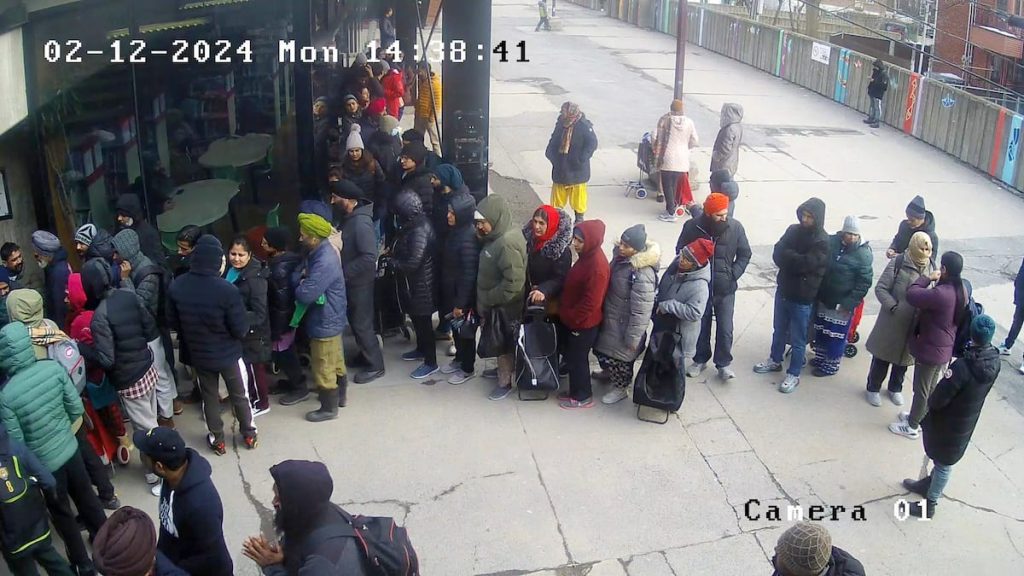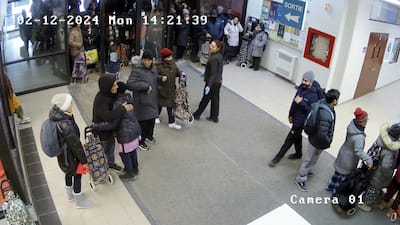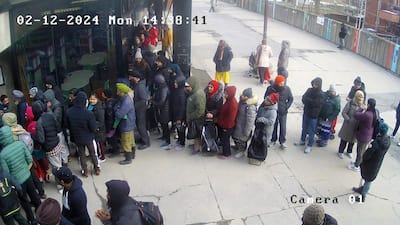
Police must now come to the rescue of organizations distributing food baskets as hundreds of hungry people line up to grab scarce food.
• Also Read: 60% savings at the grocery store: Quebec app FoodHero takes ROC
“People have physically attacked us, many times we need help from the police or security to control us. This shows the extent of food insecurity,” said Rose Ngo Ndzel, director general of the Africa au Feminine Organization.
Like her, Nancy Dion, coordinator of the Cuisine et y Collectives Saint-Roch organization, notes that more people are willing to do anything for food.
“They are hungry, very poor and they want to ask us for food,” said Nancy Dion, coordinator of the Saint-Roch Collective Cuisine and Life organization, which has been working for 30 years.
In the neighborhood, both organizations are experiencing a huge increase in demand.
90 to 500 baskets
Before the pandemic, Afrique au feminine prepared 80 to 90 baskets of food a week. Today, it has increased to 450 to 500 baskets every Tuesday.
“Three weeks ago, we still had a hundred people lining the front of the arena. We couldn't give to everyone,” laments the general director, who pays $4,000 a month to add fruits and vegetables to beneficiaries' baskets.
The same was true of Cuisine et vie colectives Saint-Roch on Monday, when nearly 500 people, 300 of whom were not members of the organization, showed up at the basket distribution room on Monday. Many are non-speaking people, without work permits and often without decent housing.
That tension and the number of people mme Dion has no choice but to enlist the help of the police to prevent the “chaos” from escalating, she explains.
“These are people who need food to survive for the first six months after arriving in Canada. They are in a precarious situation and represent 80% of the park-extension population,” says M.me Dion recalls that Park-Extension was the poorest neighborhood in Canada.
Lack of resources
If demand increases when a neighborhood's population grows, but funding doesn't follow, ask Rose Ngo Ndzel and Nancy Dion.
“We are trying all we can, but we are limited. We can do a lot more if the budget allows us because there is demand,” said M.me Dion.
In addition to the lack of funds, there is also the problem of refugees having to wait 21 months to get a work permit in Canada.
“These people can't work for two years, but they have a family to support,” she decried.
This incident attracted the attention of politicians who approached the organization.
“We want the aid to be more consistent, not just when it is urgent. We have great help, but we need more,” asks Mme Dion.







More Stories
Sportswear: Lolle acquires Louis Garneau Sports
REM is still innovative enough to foot the bill
A trip to the restaurant with no regrets for these customers